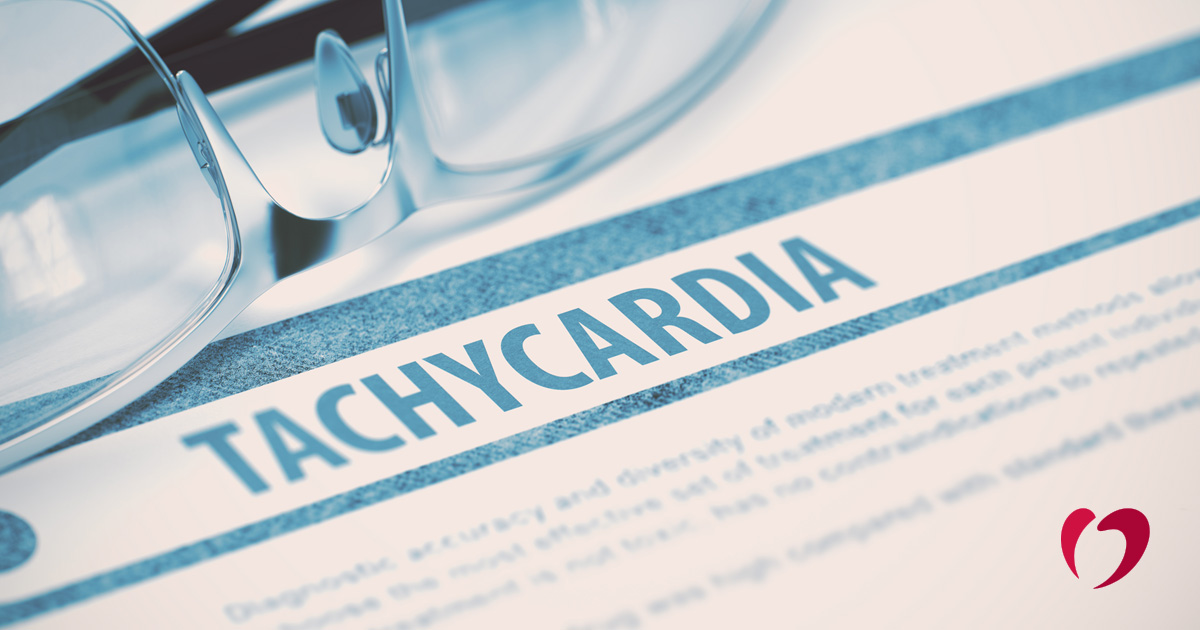What is Sinus Tachycardia?

Tachycardia is the general term to describe a common heart rhythm issue where the heart beats too quickly. For diagnostic purposes, it’s typically defined as an elevated heart rate of 100 beats per minute or more at rest in adults. Resting heart rates vary by person, but a resting heart rate between 50 and 100 beats per minute is considered normal for most adults.
There are three basic types of tachycardia:
- Atrial or supraventricular tachycardia (SVT) starts in the upper chambers of the heart.
- Ventricular tachycardia starts in the heart’s lower chambers (ventricles) and can be life threatening.
- Sinus tachycardia is a fast but steady increase in heart rate where the sinoatrial node (the heart’s natural pacemaker) sends electrical signals at a quicker rate.
Tachycardia occurs when something disrupts the normal electrical signals in the heart that control the rate at which your heart pumps blood. Sinus tachycardia can occur in response to a variety of conditions, including fever, anxiety, severe emotional distress, strenuous exercise, fear, or some prescription and illegal drugs. In some patients, sinus tachycardia may indicate other concerns, such as increased thyroid activity, anemia, damage to the heart muscle due to a heart attack, or severe bleeding.
An isolated occurrence of sinus tachycardia in response to an identifiable trigger may not require medical attention. However, if you experience an elevated heart rate regularly, contact an Oklahoma Heart Hospital physician for an appointment. An electrocardiogram (ECG) can be used to measure the electrical activity of your heart and diagnose sinus tachycardia or any underlying issues.
In most cases, sinus tachycardia does not require specific treatment, but there are times when an underlying medical condition causing the fast heart rate needs to be treated.
If you are experiencing an increased heart rate or other symptoms, contact the Oklahoma Heart Hospital today for an appointment with one of our physicians.
